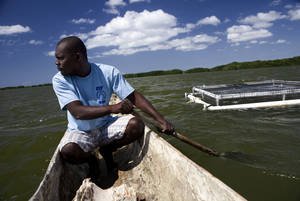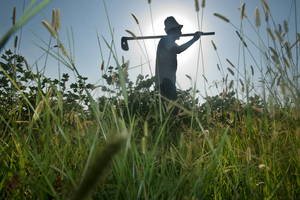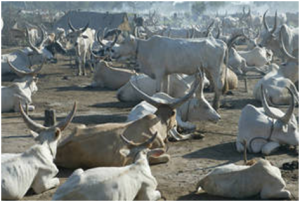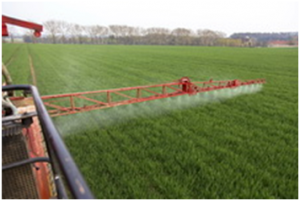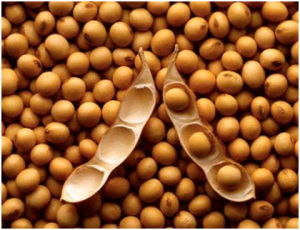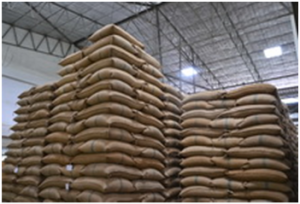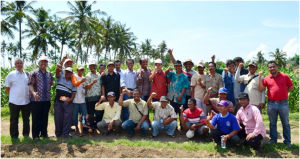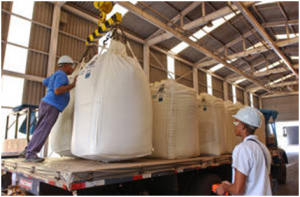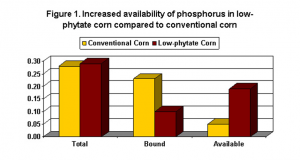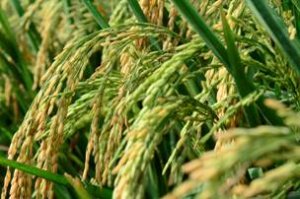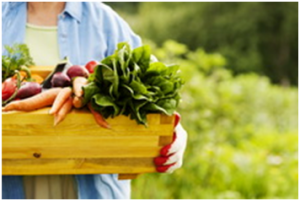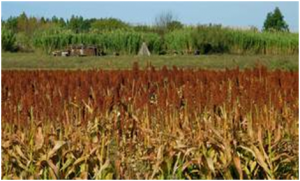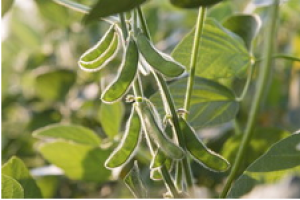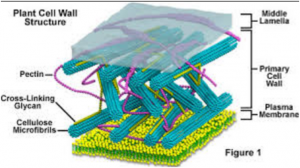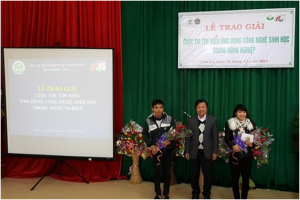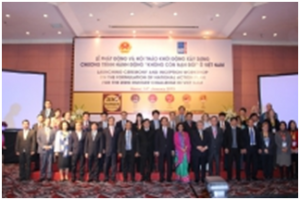|
New research urges data-driven action for agriculture and food systems change
Wednesday, 2023/12/27 | 08:38:33
|
|
Figure: The FSCI indicator framework is intended for global monitoring of agriculture and food systems transformation. ©Alessandra Benedetti
FAO 19/12/2023
Rome/London - "The state of food systems worldwide in the countdown to 2030", published today by The Food Systems Countdown to 2030 Initiative (FSCI), provides the first science-based monitoring to guide decision-makers as they seek wholesale transformation of the global agriculture and food systems. This transformation is needed urgently both to reduce the environmental impact of these systems and to mitigate the impact of climate change on them. The overarching objective is that all people – especially the most vulnerable – have equitable access to healthy diets through sustainable and resilient agriculture and food systems.
The UN Food Systems Summit catalysed agriculture and food system action, though policymakers often lack the data required to drive critical decisions. The FSCI is filling that gap, having identified an indicator framework composed of 50 indicators that monitor agriculture and food systems at a global level, using existing data to enable immediate action. Repurposing existing data, rather than carrying out time-consuming new research, means policymakers have quick access to relevant information.
Following this first global baseline, the FSCI will track agriculture and food systems annually until 2030, updating the framework as needed where new indicators or better data emerge.
Lawrence Haddad, Executive Director, Global Alliance for Improved Nutrition, said: “The first annual Countdown report shows that no single region has all the answers. Europe and North America do well on undernutrition but poorly on indicators of unhealthy diets. In contrast, Africa and South Asia do relatively well on some environmental indicators but poorly on indicators of livelihoods. The data show very clearly that every region has significant room for improvement.”
Agriculture and food systems play a vital role in meeting all 17 Sustainable Development Goals (SDGs), yet the SDGs are insufficient to monitor these systems. The FSCI fills this gap.
Agriculture and food systems transformation is absolutely essential if countries are going to meet their Nationally Determined Contributions. Yet this is still an emerging conversation: agriculture and food systems only played a small part in climate negotiations at COP27. They featured more strongly at the recent COP28 where over 150 countries signed the Emirates Declaration on Sustainable Agriculture, Resilient Food Systems, and Climate Action and committed to incorporate agriculture and food systems into their climate plans by 2025 – very encouraging progress.
Mario Herrero, Professor and Director of the Food Systems & Global Change Program, Cornell University, said: “You can’t manage what you don’t measure. That’s why we need a monitoring system that shows strengths and weaknesses at national, regional and global levels across all parts of agriculture and food systems. And this complete picture highlights successes that provide valuable lessons for others.”
The FSCI indicator framework is intended for global monitoring of agriculture and food systems transformation. It also offers a menu of indicators that can be used to design policies and actions, and inform tailored monitoring systems to meet country needs.
José Rosero Moncayo, Director, Statistics Division, Food and Agriculture Organization of the United Nations (FAO), said: “We are at the beginning of the process and there are still gaps in the data that we need to fill to ensure we are effectively monitoring progress across all dimensions of agriculture and food systems. Filling those data gaps is a top priority for ourselves, and the global science and policy communities concerned about the future of agriculture and food systems.”
Kate Schneider, Research Scholar, Johns Hopkins University School of Advanced International Studies and lead author of the paper, said: “Better data is urgently needed to monitor progress in food safety, off-farm livelihoods tied to agriculture and food systems, food loss and waste, agriculture and food systems’ economic contributions, governance, and agriculture and food system resilience.”
"The state of food systems worldwide in the countdown to 2030" organises agriculture and food systems monitoring into five themes: diets, nutrition, and health; environment, natural resources, and production; livelihoods, poverty, and equity; governance; and resilience. Each theme contains three-to-five indicator domains that together provide a comprehensive picture of agriculture and food systems.
Jessica Fanzo, Professor of Climate and Director of the Food for Humanity Initiative, Columbia Climate School concluded: “There is a growing urgency to transform agriculture and food systems to support healthy diets in sustainable and equitable ways, and to protect the environment. Our research sets the stage for a data-driven approach to address the challenges and seize the opportunities to create a healthier, more equitable and sustainable future for all.” About the FSCIThe FSCI is a collaborative effort to monitor global food systems. It brings together indicators that span food systems and provides annual analysis to inform policy, business, and NGO priorities and actions. It supports the transformation of food systems, so they become equitable, sustainable, and resilient and positively contribute to achieving the 2030 SDGs and other global goals.
The Food Systems Countdown Initiative is led by Jessica Fanzo of Columbia University Climate School, Lawrence Haddad of the Global Alliance for Improved Nutrition (GAIN), Jose Rosero Moncayo of the Food and Agriculture Organization of the United Nations (FAO), and Mario Herrero of Cornell University College of Agriculture and Life Sciences and the Cornell Atkinson Center for Sustainability. Kate Schneider of Johns Hopkins University School of Advanced International Studies leads the data team and coordination together with several Johns Hopkins graduate students. The Initiative involves dozens of collaborators from civil society, academia, and the United Nations (UN) on almost all continents.
https://www.foodcountdown.org/
|
|
|
|
[ Other News ]___________________________________________________
|


 Curently online :
Curently online :
 Total visitors :
Total visitors :
(254).png)
